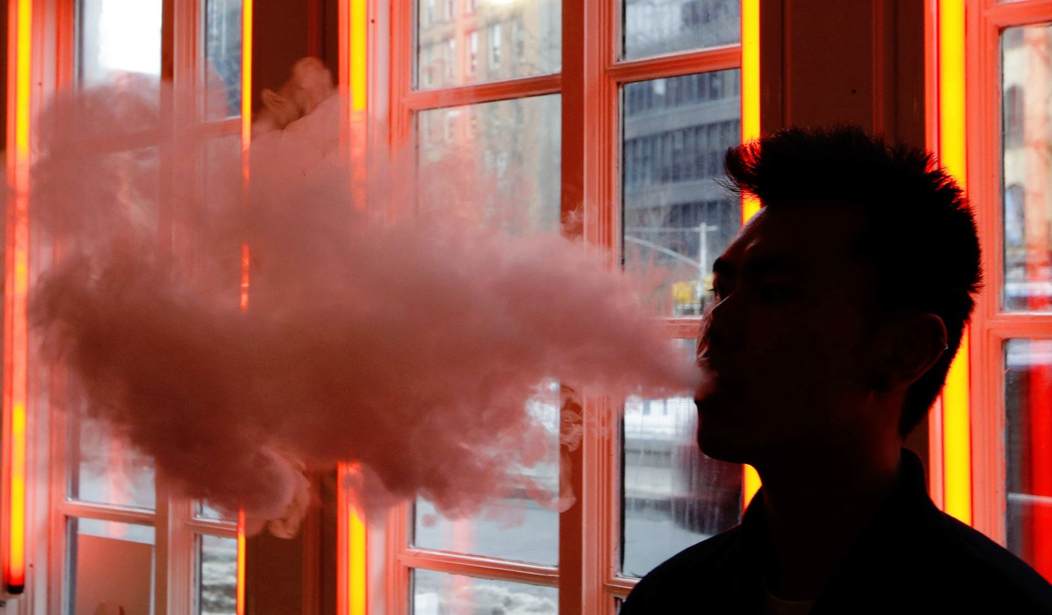In 1920, proponents of eliminating alcohol sales said it would boost the economy, fight political corruption and herald in a new era of virtue resplendent Americana.
It backfired faster than you can say Machine Gun Kelly. History books have dubbed the decade that preceded the Volstead Act as an era of “Bootlegging and Gangsterism.”As it turns out, just because something becomes illegal doesn’t mean people will change their habits or spend their money on clothes, school books, and other things the Temperance Movement thought good people would rather do.
Instead, everyone who enjoyed alcohol became criminals as they continued live their lives as they wanted, regardless of the government’s forceful hand. This condemned a huge part of the economy, notably entertainment and restaurant services, to the seedy underworld for their judicial system, financial markets, and transportation networks.
The Prohibition experiment is universally known as a failure. It is a textbook casestudy in the unintended consequences of public policy making.
However, it looks like the world is about to learn the lesson from 1920s gangsterism all over again, this time with vaping, which is a shame, because when it comes to reducing the harm caused by combustible cigarettes, vaping is the penicillin that health activists have been hoping for.
There are two points policymakers need to know about vaping. First, vaping is 95% less harmful than combustible cigarettes and the single most effective quit-smoking tool ever. Among the many reasons it is more effective as a nicotine replacement therapy are the variety of flavors made available by entrepreneurs and the community of adults surrounding them that offer accountable support.
Recommended
Second, the recent deaths attributed by the media to “vaping” were actually caused by illicit THC items,which drug dealers had laced with vitamin E acetate, according to the Centers for Disease Control and Prevention.
Despite the known consequences of prohibition and the benefits of vaping, at least 20 countries have complete bans on vape sales or use, and another 19 have banned sales of nicotine e-liquids.
Without question, these bans are a monumental carveout to international criminal syndicates who are and will continue to produce and transport these products to meet the steady demand of the market, in every country, despite what their governments say.
Obviously, their products are more likely to contain illicit substances such as THC with vitamin E acetate, that can kill people, than if they were legally available.
The hysteria around these products is led by the World Health Organization’s (WHO) Framework Convention on Tobacco Control (FCTC), which sets world standards on tobacco regulations. Its mission is to reduce consumption and exposure to “tobacco smoke.” Ironically, on the 100th anniversary of the temperance movement’s prohibition law, the WHO issued its strongest warning to date about e-cigarettes.
One would think more people leaving cigarettes for vaping helps achieve the FCTC objective, while also improving the user’s health outlook. Yet the WHO continues misleading messaging campaigns that avoid acknowledging that vaping is less harmful and can be a successful replacement therapy.
What is especially dangerous is that according to several studies the share of people who erroneously perceive vaping as more harmful than combustible cigarettes has doubled.
The result is that in at least 45 countries there is either a ban on the use of e-cigarettes or their sale, or a ban on their liquid nicotine inputs, which limit access smokers and would-be quitters of combustible cigarettes have to the legal, safe, and more effective quit aids. Instead, they have access to cigarettes, which everyone except the WHO agrees is much more harmful, and access to illicit vape products, which we also know can be deadly, or in the least require participation in illicit markets.
It took 13 years to repeal prohibition, how long will it take for these countries to repeal a known bad idea before we repeat the awful part of the 1920s all over again?

























Join the conversation as a VIP Member